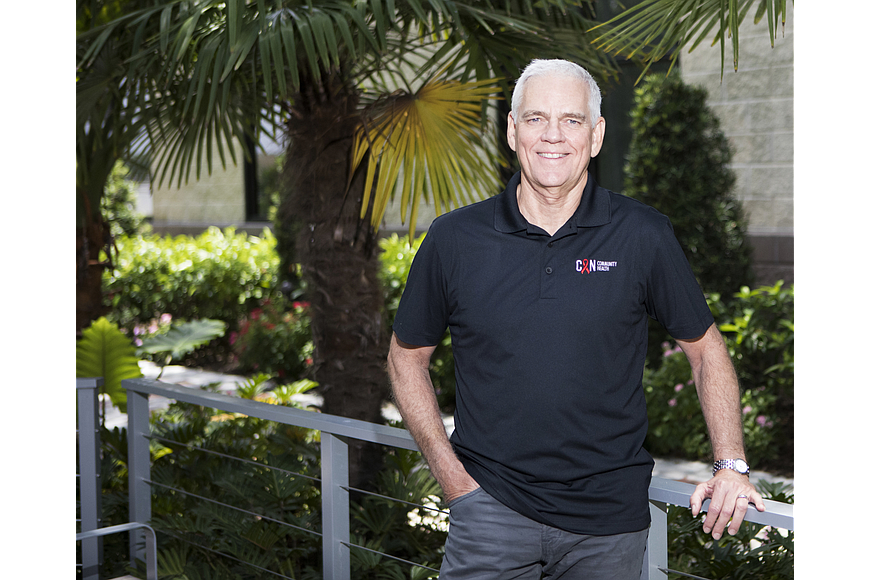- April 11, 2025
-
-
Loading

Loading

SARASOTA — Rick Carlisle, who led a major expansion of Sarasota-based CAN Community Health as CEO for six years before parting ways with the organization in June, is suing the nonprofit for wrongful termination and related allegations.
In a lawsuit filed June 30 in the 12th Judicial Circuit Court in Sarasota, Carlisle alleges CAN breached its contract agreement with him and defamed his character. He seeks a jury trial and at least $12 million, according to the lawsuit, filed by Tampa attorney Dean Kent with the Trenam law firm. CAN and Dr. Rishi Patel, former COO and executive vice president of CAN who was named interim CEO in June, were both named defendants in the lawsuit.
“This is a suit brought by Carlisle against CAN and Patel regarding a bad faith, Julius Caesar-like betrayal to improperly trump up a for-cause termination to replace Carlisle as CEO of CAN for issues that do not rise to the level of a cause termination,” the lawsuit contends. “The plot to terminate and replace Carlisle shrewdly used cancel culture tactics and slander to undermine and tarnish Carlisle's professional and personal reputation, breach various agreements and circumvent and subvert Carlisle's successful leadership of CAN, as its CEO and president, all done with the goal in mind to avoid signification compensation and benefits owed to, and earned by, Carlisle.”
CAN is one of the largest nonprofits nationwide focused on helping people with by HIV, Hepatitis C, STDs, and other diseases. A onetime Sarasota Memorial Hospital executive who also ran his own construction firm, Carlisle was previously an informal adviser and CAN board member, going back to when it was called the Community AIDS Network. It rebranded under the CAN name in 2017, and now provides essential HIV services to more than 15,000 individuals. It has 36 locations, including offices in Arizona, Puerto Rico, South Carolina and Texas, in addition to Florida.
“On behalf of CAN and its board of directors we have no comment regarding an ongoing litigation,” CAN spokesman Roger Capote told the Business Observer in a text message. “Our top priority is to serve our mission and care for our clients and patients.”
CAN’s revenue has grown at least 1,791.30% in the past six years, from $23 million to more than $435 million. Part of that revenue growth stems from a federal drug-pricing program called 340B. Under 340B, pharmaceutical companies sign an agreement with the government to provide discounts of at least 50% on medications to pre-approved agencies and health care providers, like CAN. Those agencies, to qualify for 340B, need to have the total funds to pay for the drugs — money that comes from reimbursements, grants and community donations. A third-party administrator holds those funds.